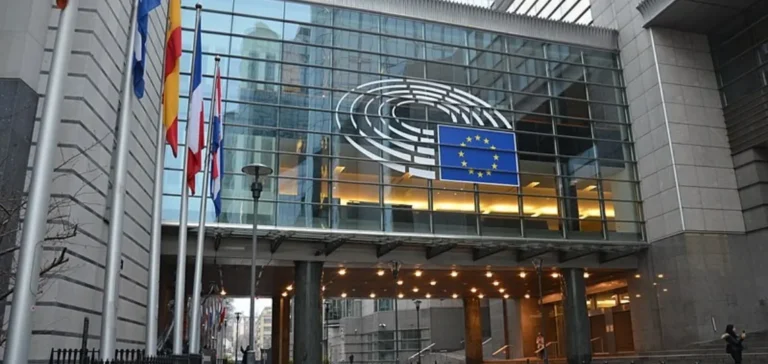The European Commission has confirmed that energy policy will remain a key pillar of its 2026 work programme. Under the title “Europe’s independence moment”, the agenda focuses on strengthening the integration of the internal market, with the stated goal of supporting competitiveness and economic resilience. The energy sector holds a central place in this effort, building on the previous year’s Clean Industrial Deal and Affordable Energy Action Plan.
Several initiatives scheduled for the first quarter
The initial phase of the programme includes the publication of an electrification strategy featuring a specific component on heating and cooling. It will be accompanied by an energy security package. Both initiatives are scheduled for the first quarter of 2026, and public consultations have already been held this autumn. These aim to structure the industrial and technical approach to energy transition across Member States.
Another major focus of the semester will be the Energy Omnibus, a legislative project aimed at simplifying rules governing energy-related products in the European Union. This initiative is planned for the second quarter of 2026, as part of a broader effort to streamline EU law.
Energy Union overhaul and nuclear outlook
The second half of the year will focus on reviewing the objectives of the Energy Union beyond 2030. Several legislative proposals are expected, including drafts related to Energy Union governance, the Renewable Energy Directive, the Energy Efficiency Directive, and infrastructure for CO2 transport and markets.
In addition, a dedicated strategy is being prepared to guide the development of the first fusion power plants on the continent. No official date has yet been announced for the adoption of this strategic document, but it has been included in the 2026 programme.
Parallel projects expected by the end of 2025
In parallel, several related initiatives are expected before the end of 2025, including the Grids Package, the Citizens Energy Package, and the Clean Energy Investment Strategy. Although distinct from the 2026 programme, these projects aim to lay the technical and financial groundwork for upcoming European energy reforms.
In another section of the programme, the Commission also states that a set of measures will be proposed to address the housing and cost-of-living crisis in Europe. Among them is a new initiative targeting the impact of short-term rentals on residential supply.






















